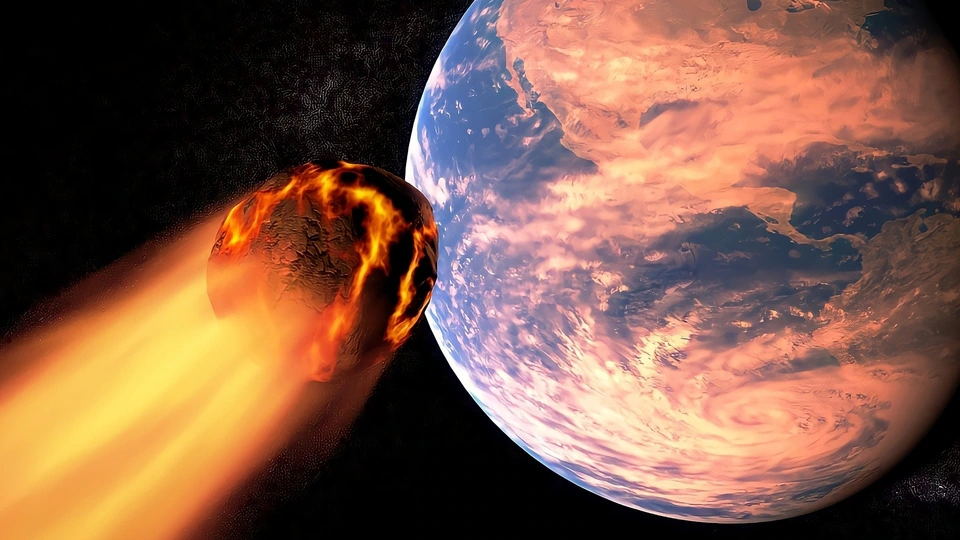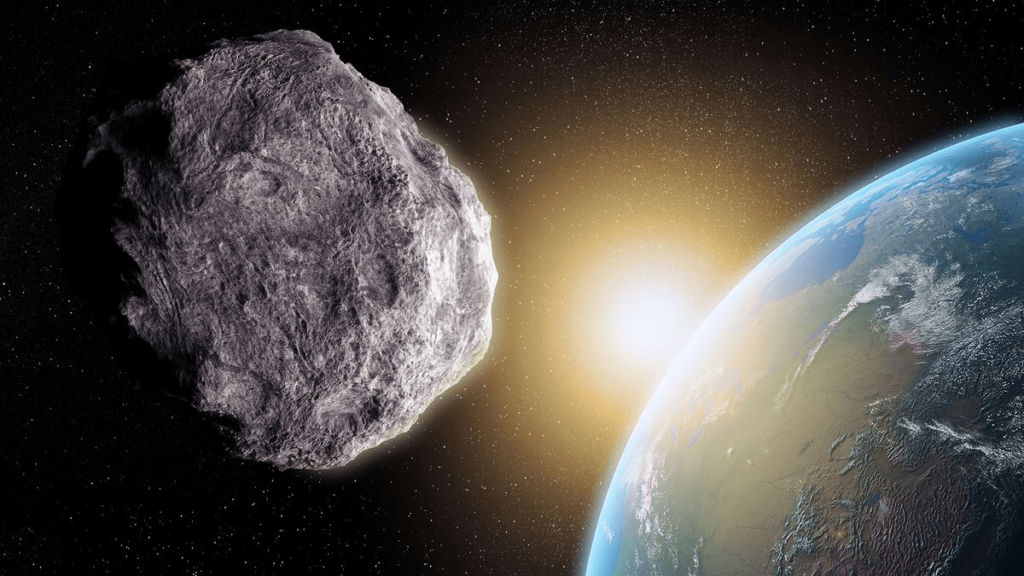NASA asteroid flyby: Space rocks near Earth
NASA Announces Two Huge Space Rocks to Make Scary Flyby Earth Today. The US space agency has sounded a rare double alert warning as two great asteroids, 2024 OE and 2024 OO are to speed past Earth on August 1. Although the sound of their method appears alarming, in reality these cosmic objects are not on an imminent collision course with our planet.

Asteroids 2024 OE and 2024 OO
The approaching space rocks has given much to think and ponder about both with astronomers as well as the anticipated curiosity from non-astronomers. Take a closer look at these celestial bodies.
2024 OE Space Watch- This larger asteroid is about 190-feet-dietr dimension, which makes it as large as a commercial airplane. This distance of 1.26 million miles is deemed safe by the space agency, far beyond the moon’s orbit around Earth.
2024 OO: This asteroid is a bit smaller, measuring 88 feet in diameter and will pass by farther away at the distance of 925,000 miles.
The two distances – kilometers apart, far beyond the Moon at a distance of about 238,855 miles from Earth so neither will impact our planet.
While asteroid flybys are fairly common, they give scientists a unique yet brief chance to observe our dynamic solar neighborhood. 2: Asteroids, which are moving through space at its speed constantly mitigating from ancient solar system days. Sometimes, their orbits intercept Earth’s orbit and then scientists can collect information about the type of material they are made up of or how fast they move.
The space agency maintains a list of potentially hazardous asteroids based on observations made by the NEOWISE mission, and coordinates with NASA’s Jet Propulsion Laboratory (JPL) to track their paths across our planet. NASA JPL has a network of telescopes and is developing the advanced computing methods necessary
The Impact of Asteroids
Although asteroids the size of 2024 OE or OO are an unlikely threat to cause any major damage even if they were Earth-bound, much bigger rocks would be a serious event. The impact similar to that of the Cretaceous-Paleogene (K-Pg) extinction event is directly proportional significant size and mass impacts or close atmospheric entry from very large-sized destructive asteroids with high velocity over 10 km/s, these criteria are used for rating destructive potential of near-earth objects. Studying these variables is how scientists are able to predict and hopefully mitigate potential dangers.
Asteroids as large as cars arrive near Earth annually, while those larger than a football field every 2,000 years per NASA.
The flybys of asteroids 2024 OE and 2024 OO serves as a reminder significance in space activities like monitoring the universe to fully appreciate just how active our solar system is. These are very unlikely to hit the Earth and scientists over the years have used these visitors from space as a way to study elements of our Universe. As we keep looking up, aware of the very real danger in our near-neighborhood, it is heartening to know that both NASA and other space agencies are well-positioned with technology and knowledge obtain said Armageddon hell-spears.
Follow Samayajyothi for all latest updates and news on celestial events.
Share this post :

Thane Professor Sentenced to 3 Years for Harassing MBBS Trainees

Zakir Hussain Family Requests Prayers and Clarifies False Death Reports
KTR Accuses Revanth Reddy’s Brother-in-Law of Securing Lucrative Government Contracts with Minimal Business Background
Wayanad Landslides- Army Rescues Thousands From Cloudburst, Managed To Save More Than 190 Others
Subscribe our newsletter
Purus ut praesent facilisi dictumst sollicitudin cubilia ridiculus.

Thane Professor Sentenced to 3 Years for Harassing MBBS Trainees







